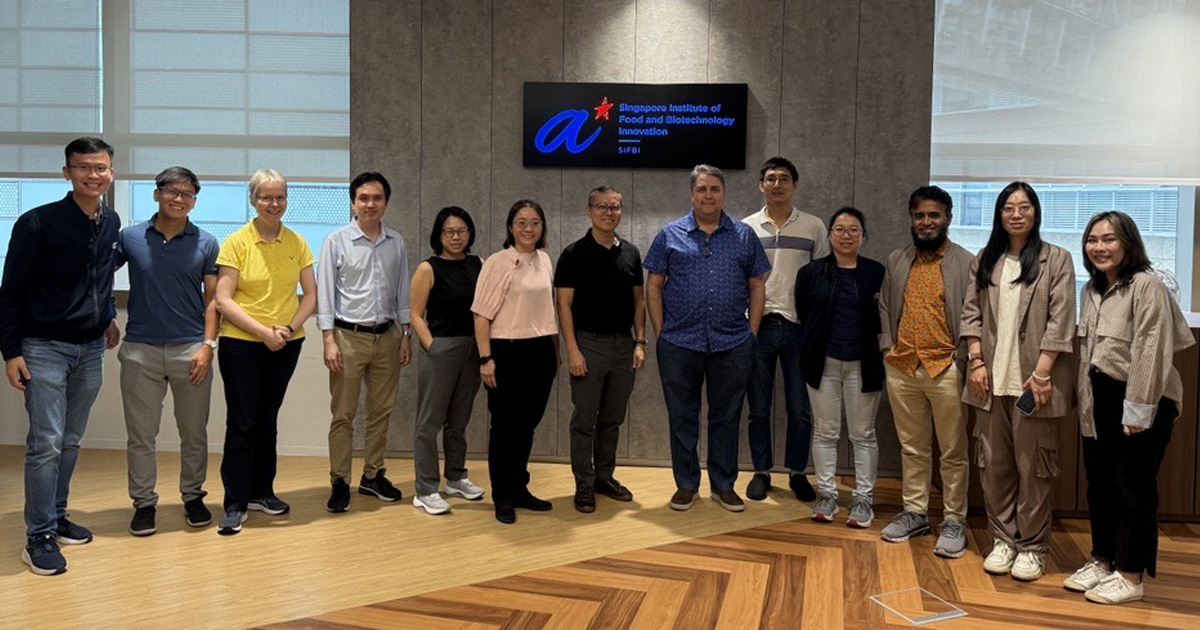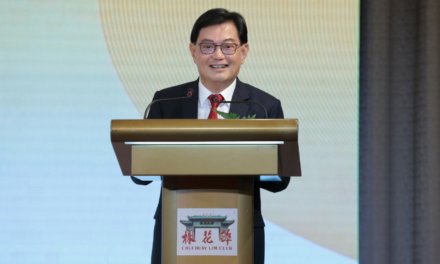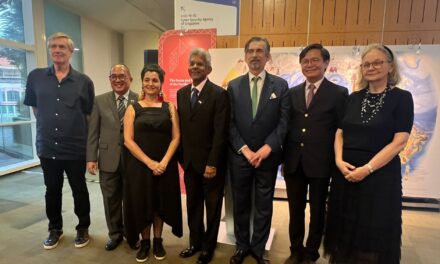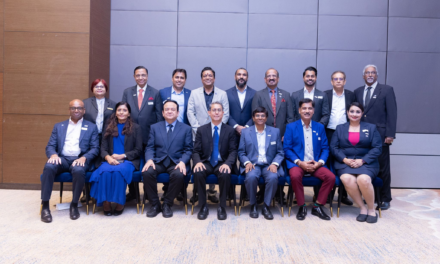
The collaboration aims to produce eco-friendly bio-based molecules at cost-parity with conventional methods, boosting Singapore’s green economy and strengthening its position in the global bioeconomy.
MojiaBio, a leading innovator in green chemistry and sustainable biomanufacturing, is partnering with the Agency for Science, Technology and Research (A*STAR) to develop a state-of-the-art Sustainable Biomanufacturing Technology Platform (SBTP). The SGD 44.8 million initiative will integrate synthetic biology and advanced bioprocessing innovations to position Singapore as a global leader in sustainable biomanufacturing and accelerate the transition to a circular bioeconomy.
Unlike current bio-based molecule production methods, the SBTP aims to achieve cost-parity with conventional chemical processes by utilizing low-cost, renewable sources such as methanol and ethylene glycol. This innovative approach enables the production of scalable, sustainable alternatives, including 1,3-propanediol (PDO), a key ingredient used in skincare products, coatings, and biodegradable plastics.
The global market for green chemicals is projected to reach USD 200 billion (SGD 270 billion) by 2030, driven by increasing demand for sustainable alternatives to fossil-based chemicals. This collaboration will help Singapore strengthen its synthetic biology capabilities, allowing the country to capture a share of this growing market and create new economic opportunities in the green economy.
At the core of the SBTP is MojiaBio’s proprietary Cn+Bio™ pathway and OrthBio® bioconversion process, which converts low-cost renewable sources into bio-based molecules. This will be developed in collaboration with A*STAR’s Singapore Institute of Food and Biotechnology Innovation (SIFBI), which will contribute expertise in enzyme engineering to enhance conversion efficiency and yield.
Dr. Ramon Gonzalez, Chief Scientific Officer of MojiaBio, highlighted that the SBTP will not only produce bio-based molecules but also support downstream application research, allowing the synthesis of high-value sustainable products across multiple industries. He emphasized that MojiaBio’s partnership with A*STAR will accelerate the commercialization of green PDO to meet growing market demand.
The platform will also leverage computational modelling expertise from the National University of Singapore (NUS) to engineer enzymes and microbial strains for more efficient biocatalysts. Unlike conventional fermentation methods, the SBTP operates independently of host cell metabolism, significantly improving energy efficiency, scalability, and sustainability while reducing production costs.
Professor Tan Sze Wee, Assistant Chief Executive of ASTAR’s Biomedical Research Council, described the SBTP as a significant step forward in sustainable biomanufacturing. By integrating synthetic biology and enzyme engineering capabilities across **ASTAR SIFBI and A*STAR’s Institute of Sustainability for Chemicals, Energy and Environment (ISCE2)**, the initiative lays the foundation for further advancements in sustainable production across multiple industries.
Lim Wey-Len, Executive Vice President of the Singapore Economic Development Board (EDB), emphasized that the SBTP demonstrates how leading companies can leverage Singapore’s research ecosystem to innovate and commercialize novel sustainable products. This initiative aligns with Singapore’s broader efforts in industrial biotechnology, which support sustainable manufacturing and drive the growth of Asia’s bioeconomy sector.
The SBTP supports Singapore’s Green Plan 2030 and global sustainability goals by offering significant environmental benefits compared to conventional chemical production methods. The bio-based molecules produced through this platform will help reduce energy consumption, lower carbon emissions, and minimize harmful pollutants. Specifically, bio-based production methods emit around 60% less carbon dioxide than conventional processes and generate fewer nitrogen oxides (NOx) and sulfur oxides (SOx).
Dr. Gonzalez reaffirmed MojiaBio’s commitment to sustainability, announcing plans to establish an operational headquarters and dedicated research laboratory in Singapore to further accelerate the commercialization of green chemicals. He emphasized that the collaboration with A*STAR reflects a shared vision of developing impactful, sustainable solutions for the future, ultimately contributing to Singapore’s bioeconomy and the global transition toward sustainability.
Source – A*STAR
















